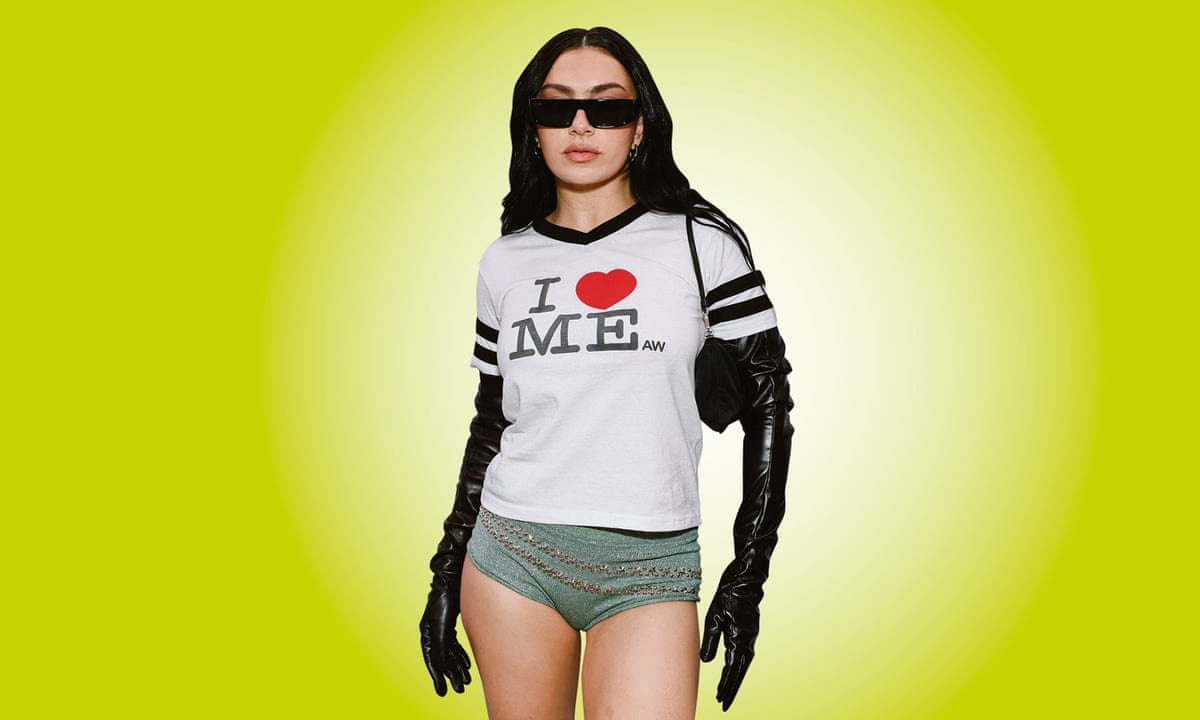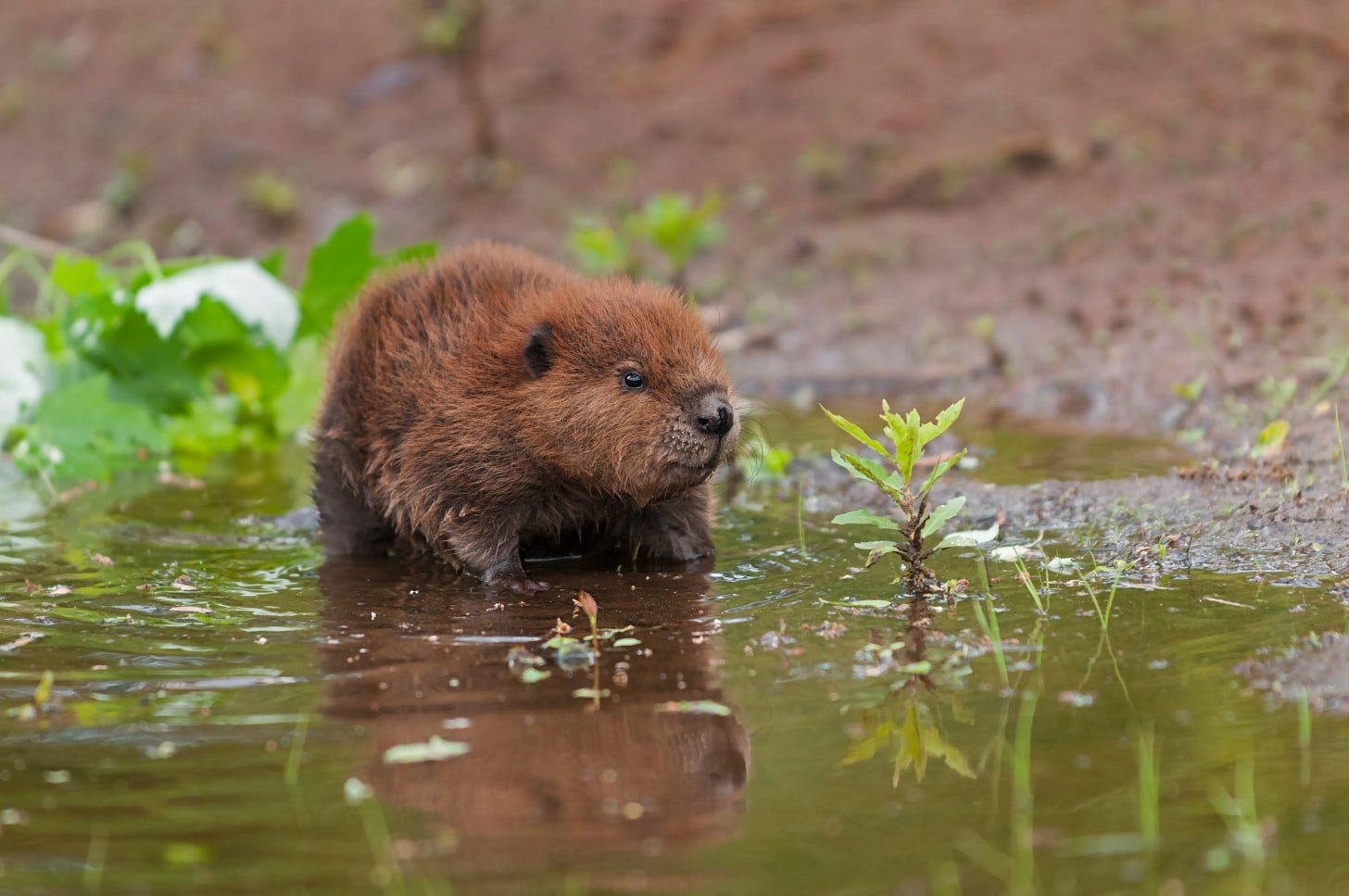True Hope vs Simulated Hope: Kamala, Kursk and Kits
Plus a reading and watching list for paid subscribers
I’m speaking at an amazing charity event alongside Paul Stamets and Kirsty Gallagher at Wasing on the equinox (20-22 September), with music from Shpongle, Nitin Sawhney and Younger Brother, raising money for Earth/Percent and PAR. You can find tickets for that here.
On September 3rd, I’ll be interviewing actor Robert Sheehan in Liverpool as he launches his new book ‘Playing Dead’, tickets here. And if you’re heading to Medicine Festival this weekend, I’m delivering a workshop on how to have conversations about polarising cultural topics on Sunday at 4pm at the Advaya stage.
---
The seasons are chaotic. Summer burns into autumn, winter steals the autumn’s warmth. Now the renewal of spring has burst into summer, with the US Democrats riding a wave of positivity as Kamala Harris polls ahead of Trump, while Ukraine flips the script by invading Russia. Paris basks in the afterglow of the Olympics, and the aesthetic of the day is Charli XCX’s Brat Summer, celebrating a free and messy femininity. For many it feels like a summer of hope, but what kind of hope is it?
Robert Reich, former US Secretary of Labor and an advisor to Obama, recently called for a ‘nauseous optimism’ in response to Kamala Harris’s candidacy. Reich uses the phrase to ask Democrats not to become complacent, but he’s inadvertently touching on something deeper, and the words have been churning in my gut since I read them.
Nauseous optimism.
I’ve been chewing them over while developing a major new multimedia and film project that we’ll be announcing in September. It’s inspired by a conviction that the metacrisis will be traversed not by doomerism, but by dancing a new reality into being, and by combining big ideas with imagination, artistry and humour.
In the process, I’ve been asking myself what true hope feels like, and the nauseous optimism Reich is pointing to has helped me define what it isn’t.
Reich’s phrase is so resonant because it touches on the hope I feel when I see surface-level changes within our dominant social, economic and political systems. The kind of hope many of us feel when we get the better of two bad options.
In my view, a Kamala Harris presidency offers a better future than another Trump presidency, but that doesn’t necessarily make it a sustainable future. Similarly, the Ukrainian army has pulled off a daring coup, but it’s likely about creating new bargaining options rather than winning the war. Charli XCX’s ‘Brat Summer’ seems subversive from one angle, but ultimately it’s a narcissistic aesthetic masquerading as a state of being. In fragmented times our optimism is forever tainted by our unresolved shadows.

Simulated hope may be the best a dying system can offer. But it is not true hope. Not the kind of hope that shakes us with its vast potential. The kind that ignites our imagination. That changes us as we speak it. The optimism of simulated hope is nauseous. It’s ready to be ejected at the slightest jolt.
Nothing sits well in our collective guts, because the food we’re eating is rotten. Our politics is post-ideological and post-truth, defined by vested interests, identity games and the sense of unreality that arises, as Baudrillard pointed out, with the endless reproduction of meaningless symbols.
Politics, like culture, has become about the Spectacle. As a mad narcissist squares up against a party apparatchik, the Spectacle offers us chaos and the death of democracy on one side, or Davos-friendly globalism and technocracy on the other. There’s no invitation to anything new. No serious engagement with electoral reform, no experimentation with radically different economic structures, no re-evaluation of the metaphysical foundations that underlie our politics.
The hope I feel watching ‘less bad’ developments in geopolitics or the social sphere is similar to the hope I feel for a character in a TV show. It’s temporary, conditional, imaginary. As in fiction, good news and progress today happen within a context that is artificially defined and bound to reality by nothing more than suspended disbelief.
For example, this week brought the news that the first baby beavers (known as kits) have been born in London in more than 400 years. It also brought the news of wild fires in Greece during one of the hottest years on record, and an significant decline in insect populations globally. Pockets of regeneration don’t provide enough hope to change reality. They only offer nauseous optimism.
So what does true hope feel like? Our senses blunted by the performative repetition, the endless psy-ops, the gnawing emptiness of the news cycle, would we even know it when we saw it?
We would, because it feels like death.
This is why we won’t find authentic hope in a culture built on a fantasy of endless progress, endless growth, and no real endings. Only by laying to rest our old assumptions and the systems they birthed can we open the way for the new. This wisdom is so wide-spread it has become trite. A spiritual platitude in a New Age Tarot deck. But it’s also true.
I’m reminded of something that Stephen Jenkinson, author of Die Wise, told me during the pandemic, when for the briefest moment it seemed as though the world might have no choice but to change.
“Imagine you really love somebody who’s dying…How do you conduct yourself as if what’s happening is happening? That becomes the question for a dying person in your household and it becomes the same question for a time like now, where we get to glimpse how utterly exhausted our acquisitive way of doing things has become.
So, what do you do? The answer to my mind is you bear faithful witness to the realities of the day. You orchestrate yourself in the presence of the dying, not despite it, not to overcome it, not to pretend it’s not there for the sake of mutual comfort, but to risk it all, to risk the relationship, the friendship, whatever it is. And fail to conspire with the idea that there’s more time. There is no more time.”
It is time to risk it all. Time to acknowledge that the world is broken and we can create something new. New visions can’t be held back forever. As the world becomes more complex, and the spectacle gets ever-brighter, our optimism becomes ever more nauseous until we purge. What’s left then is the space for true hope. A space impossible to ignore, embedded as it is in our souls.
Below is my quarterly reading, watching and listening list for paid subscribers. It’s a mix of the entertaining and the intellectual, with technology books stacked on vampire shows, philosophy tomes, sci-fi novels and memes. This time it includes several books and podcasts on tech and religion as I’ve also been working on the proposal for my next book, which explores how AI is changing religion and spirituality.
Keep reading with a 7-day free trial
Subscribe to Kainos to keep reading this post and get 7 days of free access to the full post archives.





